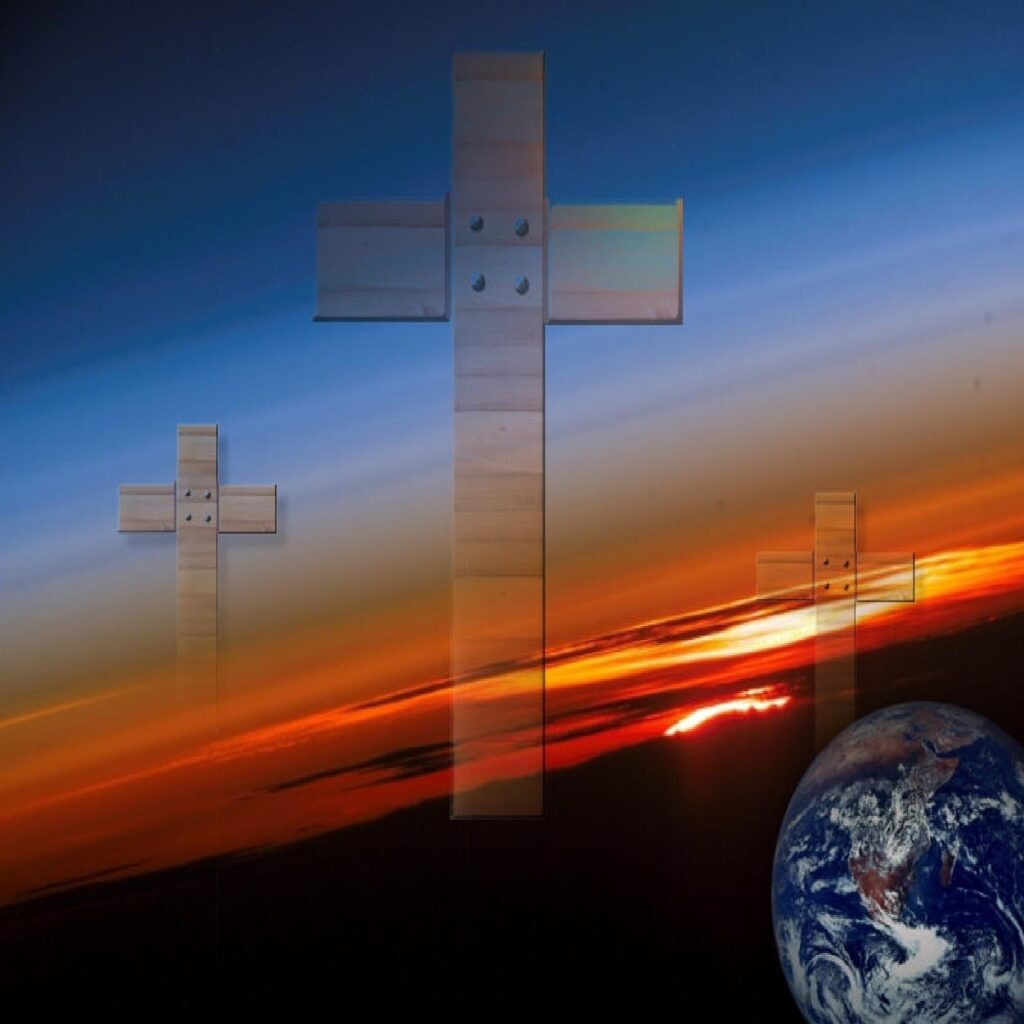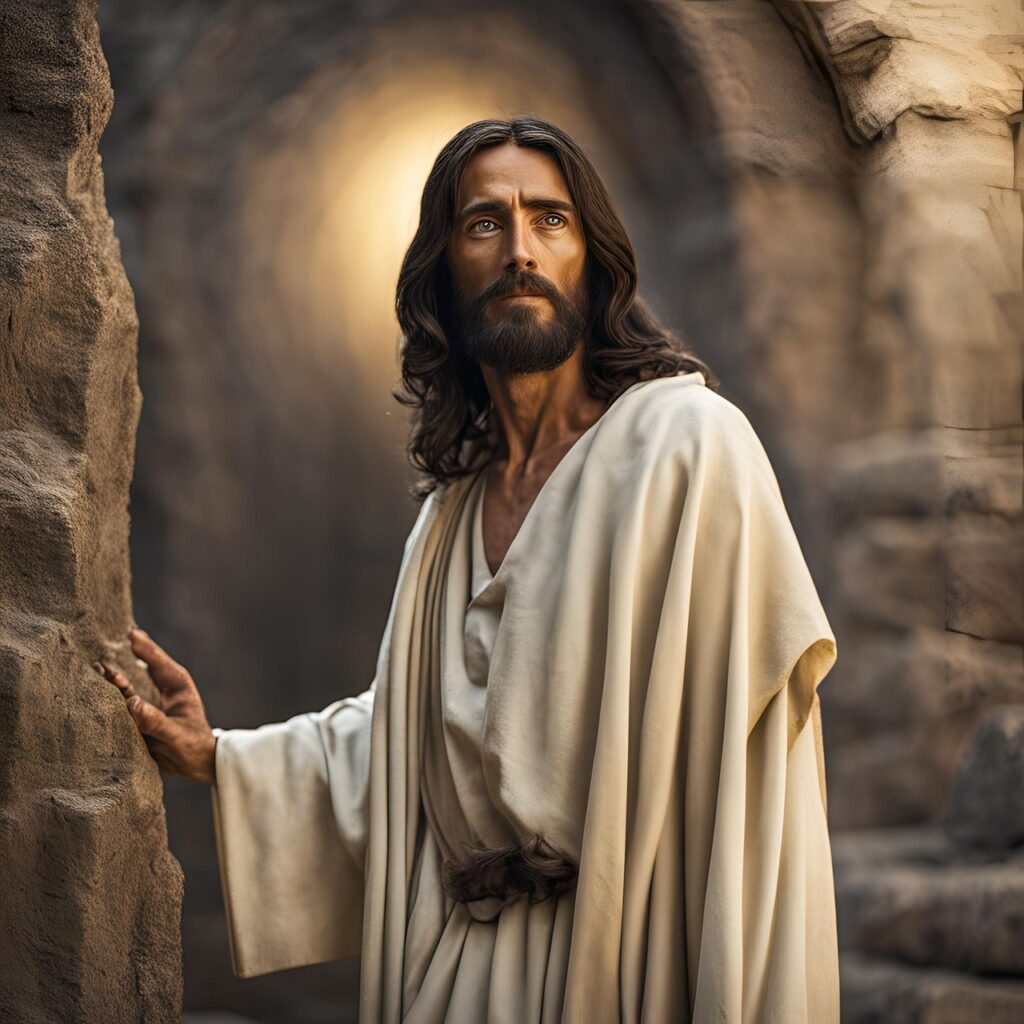Reflection by Monsignor Enrique Díaz: Time to decide
Reflection by Monsignor Enrique Díaz: Time to decide

Monsignor Enrique Díaz Díaz shares with Exaudi readers his reflection on the Gospel of this Sunday, August 25, 2024, entitled: “Time to decide”.
***
Joshua 24, 1-2. 15-17.18: “We will serve the Lord because He is our God”
Psalm 33: “Try it, and you will see how good the Lord is”
Ephesians 5, 21-32: “This is the great mystery, and I am referring to Christ and the Church”
Saint John 6, 55. 60-69: “Lord, to whom shall we go? You have the words of eternal life”
Our world is characterized by a lack of commitment. Today’s man is often seen as a weather vane that lets himself be carried by the wind. That is why Jesus’ demands sound so strong and disturbing. It is very common to seek accommodations and swim between two waters in politics, groups, society, and religion. We always find excuses when we have to decide and burn bridges. We fear getting involved in the adventure of following Jesus with all radically. And yet, only the words of Jesus offer us eternal life and true happiness. Today, Christ asks us: “Do you also want to leave me?” The demanding words of Joshua also resonate in our hearts in the face of the doubts of the tribes of Israel who, as they worshipped the true God, gave themselves over to the sacrifices of the Canaanite gods. Therefore, he admonishes them: “Say here and now whom you want to serve?” The true disciple cannot be ambiguous.
Jesus’ words provoke a serious crisis among his followers and disciples. The crowds abruptly move away from him because he has interrupted their dreams of greatness based on material, economic and military formulas. Even among his closest disciples, faces full of doubt and contradiction appear: “This way of speaking is intolerable, who can accept that?” And for us too, it may seem an intolerable way, too radical, because we have already become accustomed to a style of living and behaving, a safe way. We are accustomed to living a religion adapted to our tastes, softened and lightened. But Jesus’ words are explosive and disturbing. Eating his flesh and drinking his blood certainly does not imply a kind of anthropophagy, but a way of believing and giving life. A way of giving oneself completely to the style of Jesus that contrasts flesh and spirit. And it certainly does not refer to the division that we are accustomed to making between body and soul, but to two ways of looking at and understanding life: from within, from the spirit, or from the material, from power, from the outside.
When we look at the radical nature of the Gospel and Jesus’ proposal in this way, many Christians wonder whether it is worth following Jesus. It is not a question of a particular point, but of giving one’s whole life. It is not just a doubt about a truth or an attitude, what really concerns them is something fundamental: Why should I direct my whole life according to these ideals of Jesus? Why should all my desires for happiness, joy and possessions be limited to his beatitudes? Why should I overcome my desires for self-esteem and search for personal well-being, to give myself to his way of serving and his way of living? But in reality these inner questions are asked by Jesus himself, and he expects us to answer: “Do you also want to leave me?” He does not excuse his demands, he does not say that we have misunderstood, but he proposes it to us clearly and expects a decisive response from each one of us. Even if we try to hide it and follow him lukewarmly, his question must be disturbing, and we must respond clearly, not only with words, but above all with actions. We cannot say that we follow him and that we listen to his word, if later we act against him, if we live with injustice and lies, if we are not capable of forgiving, if we put our own interests above the truth.
Those of us who have ever made mistakes, who have lived in error, who have gone astray seeking happiness in pleasure, power or money, can say to Jesus: “Lord, to whom shall we go?”, because we returned despairing of those chimeras. We have looked in many places that promised us happiness, and in the end we have found ourselves empty-handed and with a broken heart. That is why today, recognizing our mistakes, we can tell him that we have already made mistakes many times and that “only He has words of eternal life.” We want to choose Jesus, we want to set our eyes fixed on him and walk at his side. We are willing to put aside those seductions and follow his path. It is true, there are many things that will be difficult for us because we are accustomed to our comforts and arrangements, but this does not bring us true happiness.
After listening to the Gospel, we need to make a real choice. Just as Joshua’s speech provokes a decision: “If you do not like to serve the Lord, say whom you want to serve.” Today, it is about taking a clear position and avoiding ambiguity. You cannot serve two masters, and you have to take sides: either you are for the God of life, or you want to follow the other gods, the idols, and today there are many idols that seduce and attract us. They disguise themselves as “good gods” but lead to death: power, pleasure, money, well-being, self-improvement, etc. They destroy the community and destroy the little ones; in short, they oppose the God of life. Today, Jesus’ words seem harsh to us, but we must let them question us, interrogate us and discover what God wants from me, what he thinks of me, how Jesus sees me.
Our God, you who can give us the same will and the same feeling, grant us all to love what you command us and to long for what you promise, so that, amid the worries of this life, our hearts may find true happiness. Amen.
Related

Reflection by Bishop Enrique Díaz: The Lord’s mercy is eternal. Alleluia
Enrique Díaz
27 April, 2025
5 min

After Eight Days Jesus Arrived: Commentary by Fr. Jorge Miró
Jorge Miró
26 April, 2025
3 min

The Perspectivas del Trabajo Foundation is founded with the aim of promoting virtues for professional development
Exaudi Staff
25 April, 2025
2 min

Reflection by Bishop Enrique Díaz: Alleluia, alleluia
Enrique Díaz
20 April, 2025
5 min
 (EN)
(EN)
 (ES)
(ES)
 (IT)
(IT)

